Obsessive Compulsive Disorder (OCD)
Therapists In Denver And Nearby Specializing In Obsessive Compulsive Disorder (OCD)
What is Obsessive-Compulsive Disorder (OCD)?
Obsessive-Compulsive Disorder (OCD) is one of various anxiety disorders. The U.S. Department of Health & Human Services defines OCD as “a common, chronic, and long-lasting disorder in which a person has uncontrollable, recurring thoughts (obsessions) and/or behaviors (compulsions) that he or she feels the urge to repeat over and over.” Obsessions are unwanted, intrusive thoughts, impulses or mental images that prompt anxiety. Compulsions are behaviors an individual with OCD feels compelled to do in to attempt to get rid of the obsessions. Almost all individuals have intrusive thoughts sometimes, but a person with OCD experience them more frequently and feel extreme distress if they don’t act on the impulses.
Click to continue reading There is an infinite amount of OCD subtypes, however, most individuals diagnosed with OCD fall into one of the following variations: Individuals with OCD experience a “better safe than sorry” mindset in an attempt to prevent damage or harm. They may experience behaviors and compulsions multiple, even hundreds, of times a day that may cause a significant impact in the life of someone affected. Symptoms of OCD typically begin gradually and may vary in severity throughout life as they may come and go, reduce over time, or worsen. The following list is not a complete list of symptoms, as other symptoms may be associated with these OCD as well. OCD can be successfully treated today through various methods, including therapy and counseling. The therapists displayed below specialize in treating clients with OCD, are credentialed with various insurance companies, and have varied availability to meet most client needs. Common OCD Variations
Symptoms and Signs
Getting Support with OCD
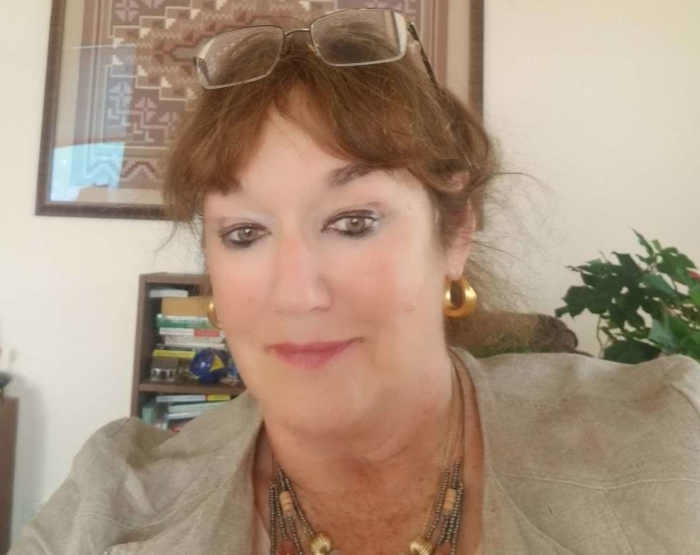
Janet Borelli , LCSW
Offers sessions in-person and online
Janet prefers to meet with clients in person for the first appointment and follow-up sessions may be online.
Are you under stress? Overwhelmed? Do you feel unable to move ahead in your life? would you like to feel more effective with your children...
Gender: Woman
Pronouns: She/Her
-
1385 S. Colorado Blvd, Denver, CO 80222
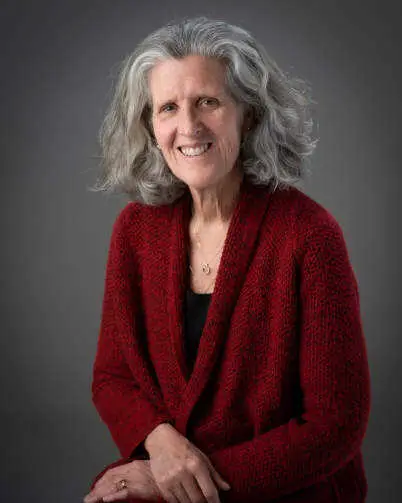
Molly Esterl-Byrne , LCSW
Offers sessions in-person and online
My name is Molly Esterl-Byrne, LCSW. I have been providing therapeutic services for the past 33 years in the Denver-metro area. I graduated...
Gender: Woman
Pronouns: Prefer not to Share
-
80 Garden Center, Broomfield, CO 80020
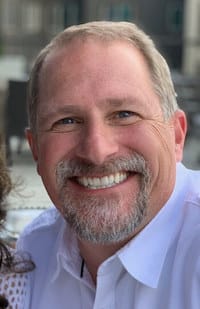
Jonathan Minifie , LPC
Offers sessions in-person and online
Jonathan C. Minifie has more than 20 years of experience working with adolescents. He has worked extensively with adolescents and individuals...
Gender: Man
Pronouns: Prefer not to Share
-
9362 Teddy Ln., Lone Tree, CO 80126
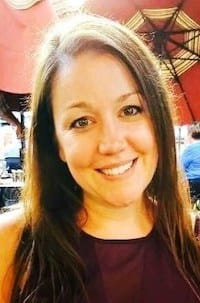
Rebecca Hickman , LPC
Offers sessions in-person and online
I am a Licensed Professional Counselor and have been practicing in the mental health and addiction field since 2006. I am passionate...
Gender: Woman
Pronouns: Prefer not to Share
-
1325 S Colorado Blvd, Denver, CO 80222
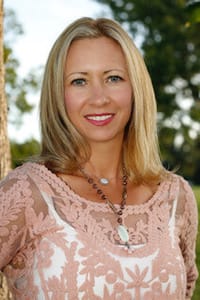
Molly Jaques , LPC / MA
Offers sessions in-person and online
Seeing women, men, and teens over 12 years old.
Molly Jaques is a LPC or Licensed Professional Counselor. She has a BA in Psychology and a Master’s of Counseling from Regis University,...
Gender: Woman
Pronouns: She/Her
-
8158 E. 5th Ave, Denver, CO 80230

Andre’a Kirkland , LPC
Offers sessions only online
Perhaps you are here in Colorado surrounded by beauty and a vibrant community that is always seeking the next best thing. It can be an...
Gender: Woman
Pronouns: She/Her
-
Online Therapy Session, No Physical Location, CO
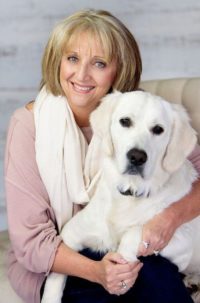
Susie Martinez , LPC / MA
Offers sessions only online
Prefers online sessions, but offers in-person if needed.
I am committed to providing compassionate and individualized psychotherapy in a warm, safe and accepting environment. In our work together...
Gender: Woman
Pronouns: Prefer not to Share
-
Online Therapy Session, No Physical Location, CO

Michael Gyorffy , LCSW
Offers sessions in-person and online
Hello! I have been a Licensed Clinical Social Worker (LCSW) since 2007 and have been working in the mental health field for over 20 years....
Gender: Man
Pronouns: Prefer not to Share
-
2575 Park Ln., Lafayette, CO 80026
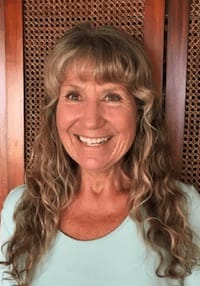
Angela Gould , Ph.D.
Offers sessions only online
My first practicum in psychotherapy was in 1977. I have been practicing for 42 years and still feel a great deal of excitement and...
Gender: Woman
Pronouns: Prefer not to Share
-
Online Therapy Session, No Physical Location, CO
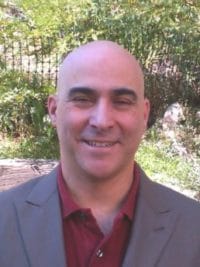
David Karl , LPC
Offers sessions only online
David Karl is a bilingual therapist in Denver able to see English and Spanish speaking patients. English Respecting your culture, empowering...
Gender: Man
Pronouns: He/Him
-
Online Therapy Session, No Physical Location, CO
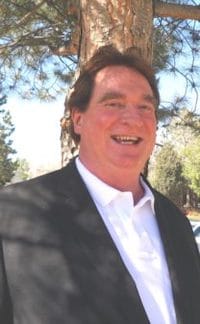
Keith Long , LPC
Offers sessions only online
Therapist in Aurora, Keith Long is licensed in Colorado as an LPC (Licensed Professional Counselor). He has a Master of Arts Degree in...
Gender: Man
Pronouns: He/Him/They/Them
-
Online Therapy Session, No Physical Location, CO
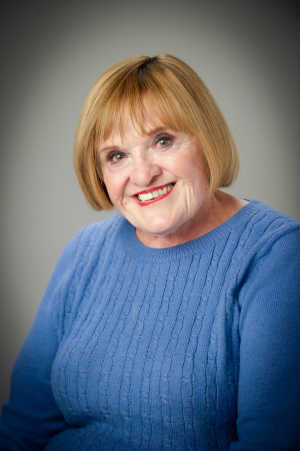
Bonnie Mucklow , CAS / LMFT / LPC
Offers sessions in-person and online
Online sessions not available for kids under 9 years old.
Greenwood Village therapist, Bonnie Mucklow, is a licensed marriage and family therapist (LMFT), licensed professional counselor (LPC)...
Gender: Woman
Pronouns: She/Her
-
7000 E. Belleview Ave, Greenwood Village, CO 80111



 - Average patient rating
- Average patient rating - Average patient rating
- Average patient rating